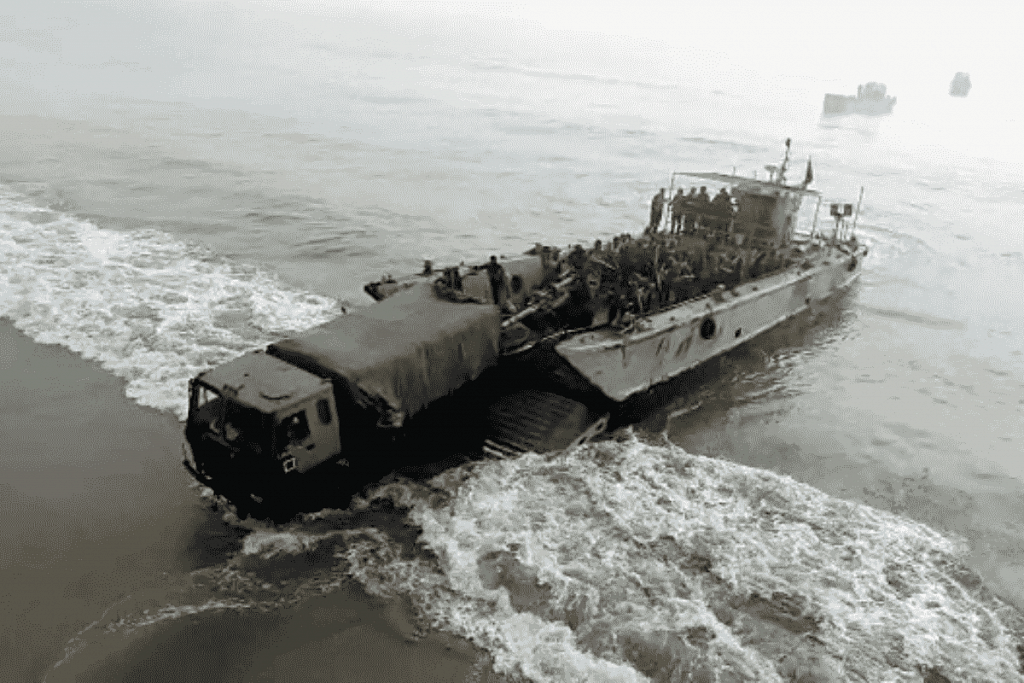New Delhi: Twenty-two years after India created its first tri-service command, the defence ministry Wednesday tabled a bill in Parliament that will enable all existing tri-service and future theatre commanders to exercise disciplinary powers over personnel under them.
At present, personnel of the Air Force, Army, and Navy are governed by the provisions of the individual acts governing each service — the Air Force Act, 1950, the Army Act, 1950 and the Navy Act, 1957. Under these acts, officers can exercise disciplinary powers only over personnel from their own service.
However, the new bill, tabled by Minister of State for Defence Ajay Bhatt in the Lok Sabha, seeks to change this. It would allow a commander-in-chief or officer-in-command of an inter-services organisation to exercise disciplinary powers over personnel of any service who are serving under or are attached to “his” command.
Incidentally, the bill uses the pronoun “his” when referring to commanding officers rather than being gender neutral, even though the armed forces have now allowed women to take over command roles.
The bill says the existing restriction on disciplinary powers has a direct impact on the command, control and discipline of inter-services organisations such as the Andaman and Nicobar Command — set up in 2001 as part of a larger plan for tri-service synergy — and the Defence Space Agency. It also impacts joint training establishments such as the National Defence Academy and the National Defence College.
This is because the commanders-in-chief or officers-in-command of such organisations aren’t empowered to exercise disciplinary or administrative powers over personnel belonging to other services.
Because of this, personnel serving in inter-services organisations must be returned to their parent service units for any disciplinary or administrative action. This is not only time consuming, but also has financial implications relating to movement of the personnel, the bill says.
The problem becomes more cumbersome when disciplinary or administrative proceedings arise from the same set of facts and circumstances but involve personnel belonging to different services, it adds.
When this happens, multiple sets of proceedings need to be initiated under the respective service acts. The bill says this impedes the expeditious disposal of cases, thereby affecting the standard of discipline.
Also Read: New barrel, extended range — India & US explore joint development of M777 howitzer variant
Moving towards theatre commands
This new bill comes at a time when India is moving towards having theatre commands that will see personnel from all three services under one commander, who can be from any service depending on the theatre.
The theatre commands will be the biggest ever defence reforms the country has ever seen. However, the three services are yet to get on board with the final contours of the plan.
In October last year, IAF chief Air Chief Marshal V.R Chaudhari had said the need of the hour was an organisational structure best suited to the country’s conditions and geopolitical imperatives.
As reported by ThePrint, the IAF had issues with the proposals for theatrisation put forward by the then chief of defence staff, General Bipin Rawat.
The original plan for the theatrisation process envisions an Air Defence Command under the IAF and aviation assets being split into other theatres. However, the IAF believes that there should be only one command — the India Command — with all three services working in synergy. EOM
(Edited by Rohan Manoj)
Also Read: India earmarks 75% of defence capital budget for domestic firms
